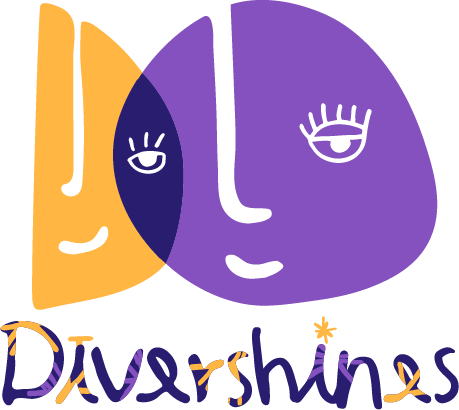Water and Autism: Finding Peace and Connection

Swimming can be a transformative activity for people with autism. The calming effect of water helps regulate the nervous system and reduces agitation and anxiety. For many on the spectrum, in addition to the physical exercise it involves, swimming can improve coordination, balance, and muscle strength. Several studies have explored why water is so attractive and beneficial for the neurodivergent community, and today we will share some of its benefits.
Sensation and Calm in the Water
The sensory stimulation of water – the gentle touch, the relaxing sound of the waves, the feeling of weightlessness – can have a calming and regulating effect on people with autism. Often, those on the spectrum have heightened sensory sensitivity; immersing in water can provide a sense of safety and control that is hard to find in other environments.

The Importance of Learning to Swim
The attraction to water can also pose a risk, so it is necessary for people on the spectrum to take classes and improve their swimming skills. This will help with coordination, confidence, and social skills. Adapted swimming classes can be especially beneficial as they provide a structured and supportive environment.
Benefits of Swimming for Autism
- Calming and Regulating Effect
Swimming has a relaxing and calming effect on the nervous system of people with autism. The enveloping sensation and gentle movement of the water can help reduce anxiety, agitation, and other stressful symptoms. This allows them to be more emotionally calm and regulated.
- Improvement of Coordination and Balance
Swimming is an excellent physical exercise that works the whole body. This helps improve coordination, balance, and muscle strength in people with autism, giving them more confidence and control over their movements, which can enhance their quality of life.
- Increased Safety and Independence
Learning to swim is an important life skill for people with autism. It gives them the opportunity to enjoy water more safely and grants them more independence, allowing them to participate in water activities without relying heavily on others.
- Improvement of Social and Communication Skills
Structured swimming classes offer a positive social environment for people with autism. Interacting with instructors and classmates helps improve their social and communication skills in a fun and relaxed way.
- Boost in Confidence and Self-Esteem
Mastering a new skill like swimming can be hugely satisfying for people with autism. It gives them a sense of pride and achievement, which in turn boosts their confidence and self-esteem. This can have a positive impact on other areas of their lives.

Recommendations for Summer and Water Activities
During summer, families should consider the following special considerations:
- Ensure constant supervision near water
- Avoid sudden temperature changes
- Bring protective gear like floaties and hats
- Be mindful of sensory overstimulation
- Use a good sunscreen that meets the person’s sensory needs
- Enjoy the season to the fullest
Frequently asqued questions
Water seems to have a calming and regulating effect due to the sensory stimulation it provides.
Learning to swim improves water safety, coordination, confidence, and social skills. It can also reduce anxiety, improve sleep, and increase physical strength.
It is important to supervise constantly, avoid sudden temperature changes, use protective gear, and be mindful of sensory overstimulation.
References
- Autism Speaks https://www.autismspeaks.org/search?search_api_fulltext=swimming
- National Autistic Society https://autismsociety.org/?s=swimming


